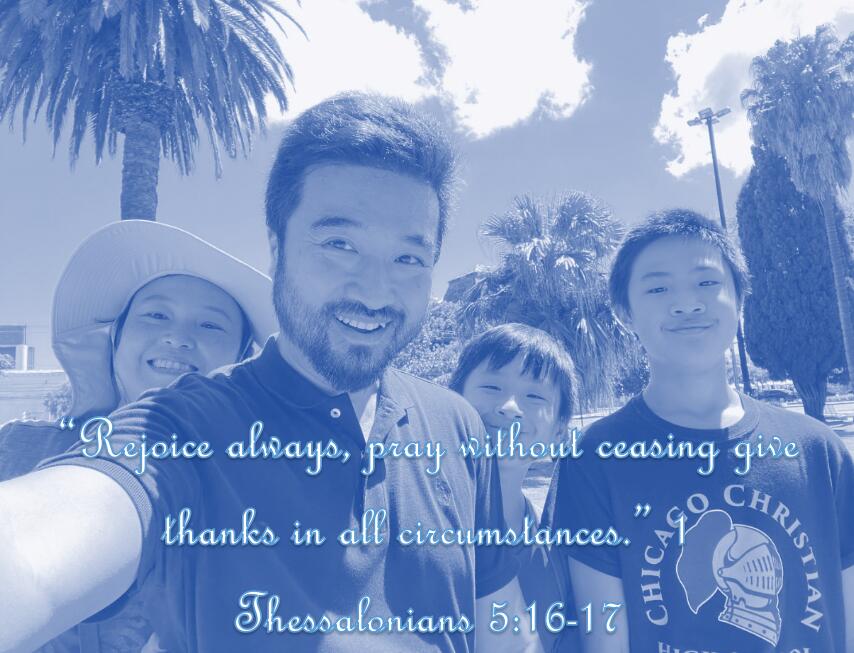
In the challenging pace of modern times, the search for balance within family life becomes crucial, yet equally demanding. This balance is not only about fulfilling physical needs and maintaining emotional stability but also about instilling faith, providing moral guidance, and understanding the impacts of personal transgressions on family dynamics.
The story of Abraham and Isaac (Genesis 22:1-2) provides insightful lessons about family balance. Isaac’s obedience and respect toward his father, and his shared faith journey with Abraham, highlight the importance of mutual understanding and shared faith in maintaining family balance. From a child’s perspective, it teaches us to be observant, to support our parents’ spiritual journey, and to understand the importance of obedience rooted in faith.
In today’s fast-paced society, parental guidance may sometimes be overshadowed by a flood of external influences. However, as stated in Psalms 127:3-5, children are “like arrows in the hands of a warrior,” illustrating those parents, like skilled archers, have the power to guide their children. Despite societal pressures, parents must strive to balance their children’s physical, emotional, and spiritual wellbeing. This can be done by fostering loving relationships, teaching wise decision-making, and most importantly, instilling a strong foundation of faith.
Yet, the family balance can be disrupted by sin. As Paul warns in Galatians 5:19, sin is not just a personal offense against God but can also disrupt the harmony of a family. Like a tiny bit of yeast permeating an entire lump of dough, sin can incite strain and miscommunication within a family. However, as Romans 5:20 suggests, God’s grace and mercy can renew and restore the family balance. Through open dialogues, forgiveness, and the love of God, families can navigate through the challenges posed by sin and regain harmony.
In conclusion, family balance is a multi-dimensional endeavor that requires maintaining spiritual, emotional, and physical harmony. It involves fostering relationships based on respect, faith, and understanding, as exemplified by Abraham and Isaac. It entails exerting parental guidance amidst external pressures, and when faced with disruptions due to sin, it requires openness, forgiveness, and a return to God’s grace. Family balance is an ongoing journey, navigated best with faith and love. As mentioned in Ecclesiastes 4:9–12, we should not hesitate to seek spiritual companionship, for it is with the shared strength of togetherness that we can better confront our challenges and forge a path towards a balanced and harmonious family life.
I invite you to join us on this journey of faith and for the enrichment of your life by taking the first step in attending our Fall Evangelical Services and Spiritual Convocation (ESSC). It will be hold from September 14 to 17, 2023 at our church located as follows:
4N550 Church Road
Bensenville, IL 60106
Google Maps
For online streaming, please click here.
For regular service hours, please click here.
Email us at ilovejesus@tjc-chicago.org
This essay provides insightful lessons about the role of children in familial relationships. It further emphasizes that shared experiences, mutual faith, and supporting our parents in their spiritual journey not only strengthens familial bonds but also aligns us with God’s promise to a harmonious balance within the family.
The essay suggests that amidst the rapid pace of societal changes and external influences, parents hold profound influence over their children’s lives. It emphasizes that embracing this responsibility with faith, setting rules, fostering relationships, and instilling a strong faith foundation can counteract societal pressures, creating stability and balance within the family.
This essay illustrates that sin, often viewed as a personal transgression, also disrupts the family equilibrium, but God’s grace can serve as a restorative force within families, fostering unity, forgiveness, and understanding. It emphasizes the role of parents in bringing the family closer to God through shared worship, and the importance of humility and openness in admitting sins and seeking support for family balance and spiritual growth.






